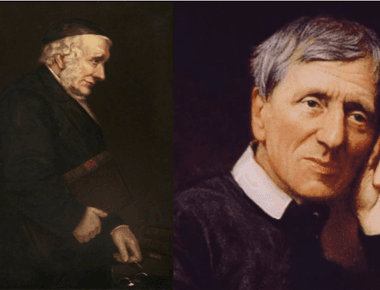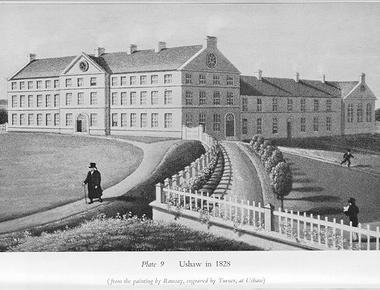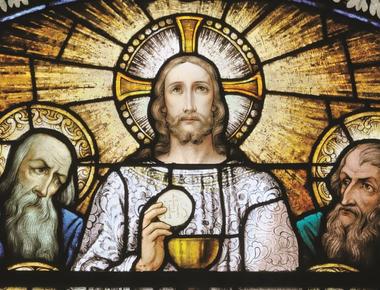
Pusey’s appraisal of Mariology—a polemic containing a mixture of historical, theological and anecdotal evidence—was, on the whole, untrue and mostly a caricature; yet as Newman would be forced to admit in his formal published reply to Pusey in 1866, the <em>Letter to Pusey</em>, there was partial veracity to his claim that at times Mariology, in some of its devotional outpourings, has obscured devotion to God, especially God’s loving mediation brought to humanity through the Incarnation.











